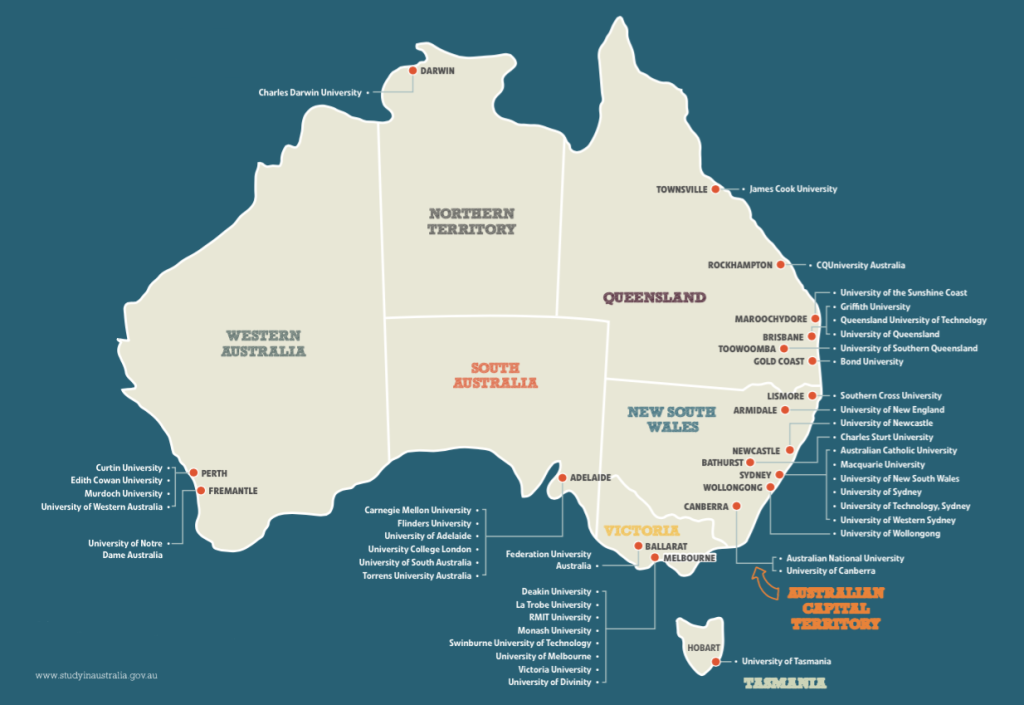Malaysia Profile
Population: ~34.0 Million (2025 est.)
Capital: Kuala Lumpur (Administrative Capital: Putrajaya)
Largest City: Kuala Lumpur
Area: 330,803sq km
Major Language: Malay (Bahasa Malaysia); English widely used
Major Religion: Islam (official), with Buddhism, Christianity, Hinduism, and others
Life Expectancy: 74 years (men), 79 years (women) (UN est.)
Monetary Unit: 1 Malaysian Ringgit (MYR) = LKR 72.00 (approx., 2025)
Main Exports: Electrical and electronic products, palm oil, petroleum products, liquefied natural gas, machinery, chemicals
GNI Per Capita:~US $13,000 (World Bank est., 2024)
International Dialing Code: +60
Partners

Universities








